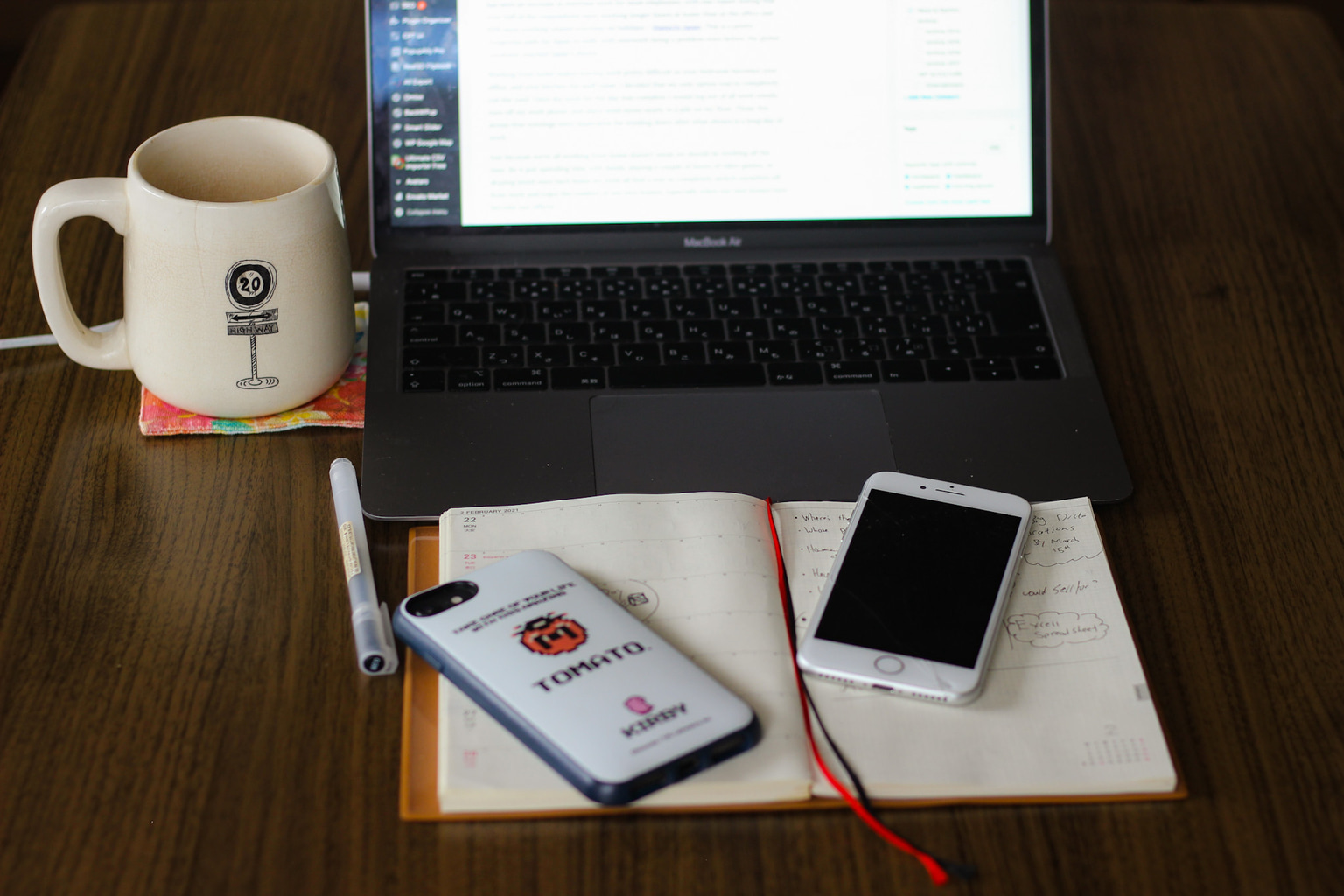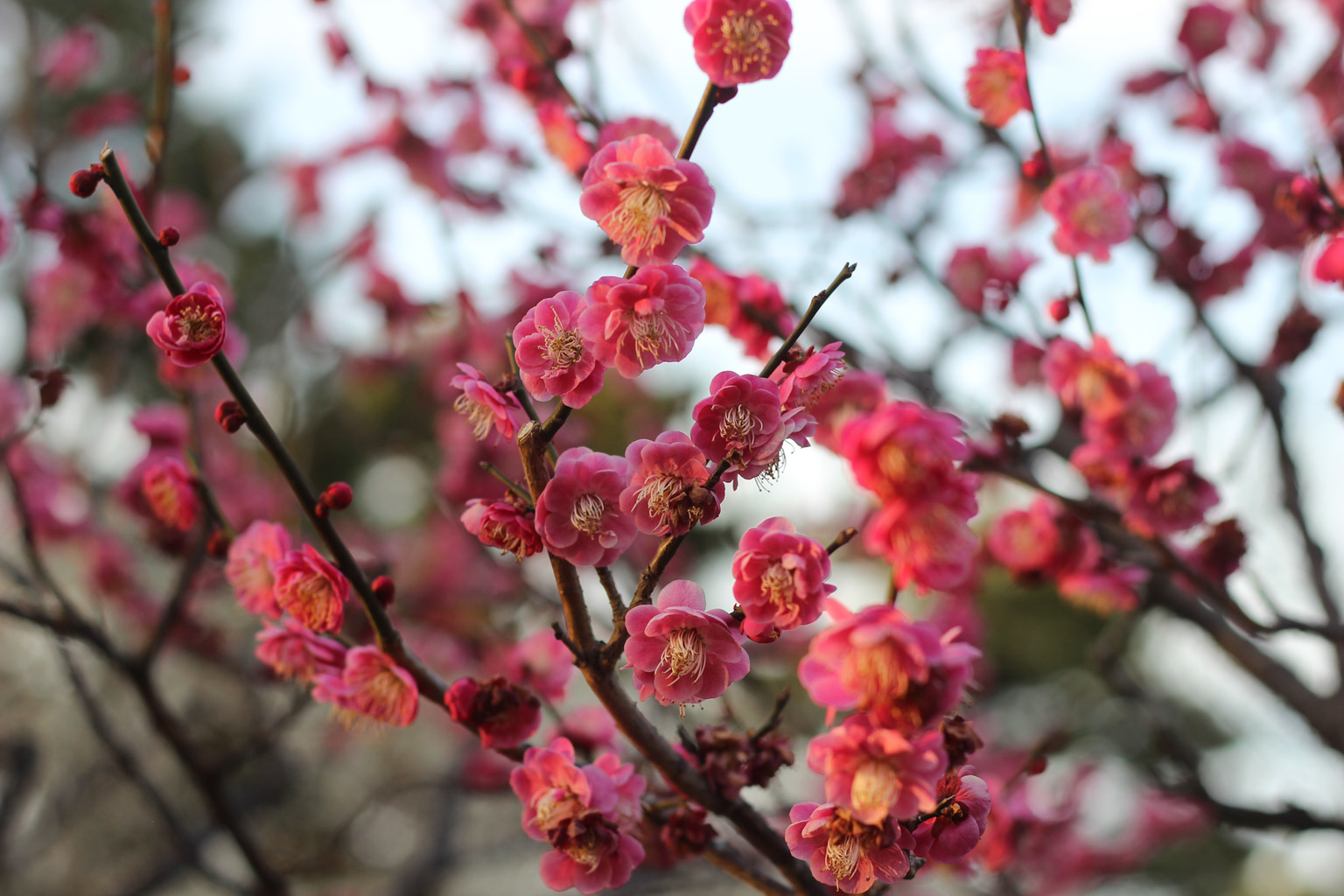Just about a year ago, Tokyo was flung into lockdown. Stores were closing early, people were panic-buying toilet paper and the Japanese government was advising to work remotely. As somebody who loves my own company as much as I love the company of others, this order was like a breath of fresh air. I thought to myself: I would move at my own pace, work in my own time and, most importantly, finally tackle those personal projects I’ve been meaning to get started. This was the mindset of many fellow Tokyoites last spring, but 11 months, a summer spent indoors and a lonely Christmas later, I cracked.
Clocking extra hours in Japan is like a sticky dance floor at any student bar: It is inevitable. Working from home has left workers from all paths of life with a noticeable increase in overtime. A Mainichi report showed that over half of survey-takers were working longer hours at home and 65% admitted to working unpaid overtime on holidays. Working from home made “leaving work” difficult. My bedroom had become my office and my kitchen, the staff room. The stress of long hours locked away eventually affected my sleep. Before long, work was all I could think about. I was completely unmotivated and the stress of long hours locked away eventually affected my sleep. The insufficient rest was to blame for mistakes made during the day.
I was in a loop.
In a conversation with a friend, I mentioned my inability to focus and the mounting stresses of being stuck inside the four walls of my minuscule apartment. Mindfulness, she said, might be the solution. I have always been skeptical of most self-help books and apps but I was out of ideas. I dove headfirst.

In an effort to win back my evenings, I needed self-imposed unbreakable rules. When the clock struck 7 pm I would log out of work emails, turn off my work phone and place work items neatly in a pile on the floor. Stress-free evenings were imperative for winding down. Being able to relax didn’t guarantee a good sleep, however, and I also needed to fix my broken schedule. I had to put an end to the nights I laid awake until 3 am worrying about a client project or trying to ignore the current state of the world with hours of Netflix. “Go to sleep early,” I thought but the fear of missing out on nightly events and conversations kept me trapped on the infinite scroll of Twitter – and we all know nothing good ever happens on Twitter.
I gave myself a cut-off time for my personal phone and personal laptop, too. It has been proven left and right that the blue light emitted from our screens contributes to the suppression of melatonin, a hormone our body needs to help us sleep well. Less screen time at the end of the day hopefully meant more melatonin and thus more hours of sweet slumber.
But clocking off and snuggling into your sheets 20 minutes later alone wasn’t enough. Avoiding working overtime was also very important if I wanted to sleep early. Streamlining my evening routine, I found, was beneficial for this change. Most of us live in Japanese apartments that realtors may describe as “cozy” in their listings, which really only means you have limited space at your disposal. Simple things like making dinner sometimes take a little longer in my tiny kitchenette but meal prepping a few days’ worth of sides or main dishes cut down cooking time, greatly saving me hours a week. For those who don’t have space for meal prep, Japanese supermarkets have healthy, balanced premade food you can stock up on every other day. I reduced my caffeine intake, with a ban on coffee and the likes after 3 pm. Further still, I set my phone to charge at the other end of the bedroom and would turn off my laptop when I was done with it instead of just keeping it on sleep mode. This meant that I would have to go through the grueling process of starting it back up again and between that and staying in bed, I’d rather just stay in bed.
Waking up and staying in bed for hours, a morning person does not make. In addition to having an evening routine set, I had to make an equally meaningful schedule for the early hours of the day: Coffee and a light breakfast before hitting up my local gym for a hardy workout. No more, no less. There aren’t many morning people in my area so I’ve got every machine to myself. My morning was now freed up for myself. A morning run was still a little out of my comfort zone but I did find myself spending my mornings indulging in my hobbies. Photography and studying Japanese became small moments I looked forward to when I went to bed the previous night. Spending a few hours on my hobbies helped greatly in reducing stress; these hours were mine and mine only. As the pandemic is still very much raging, walking became a pastime I took on. A good podcast and a park are all you need. Luck for us, Tokyo has an abundance of beautiful parks and gardens we can enjoy all year-round.
My mood lifted, my mind felt less cloudy and I was able to organize my thoughts and day-to-day schedule better than before. I also made a friend during my early morning gym sessions, a 70-year-old marathon runner, who unpromptedly began telling me about the benefits of a morning run and an early night’s sleep. I took this as the universe telling me I was on the correct path.









